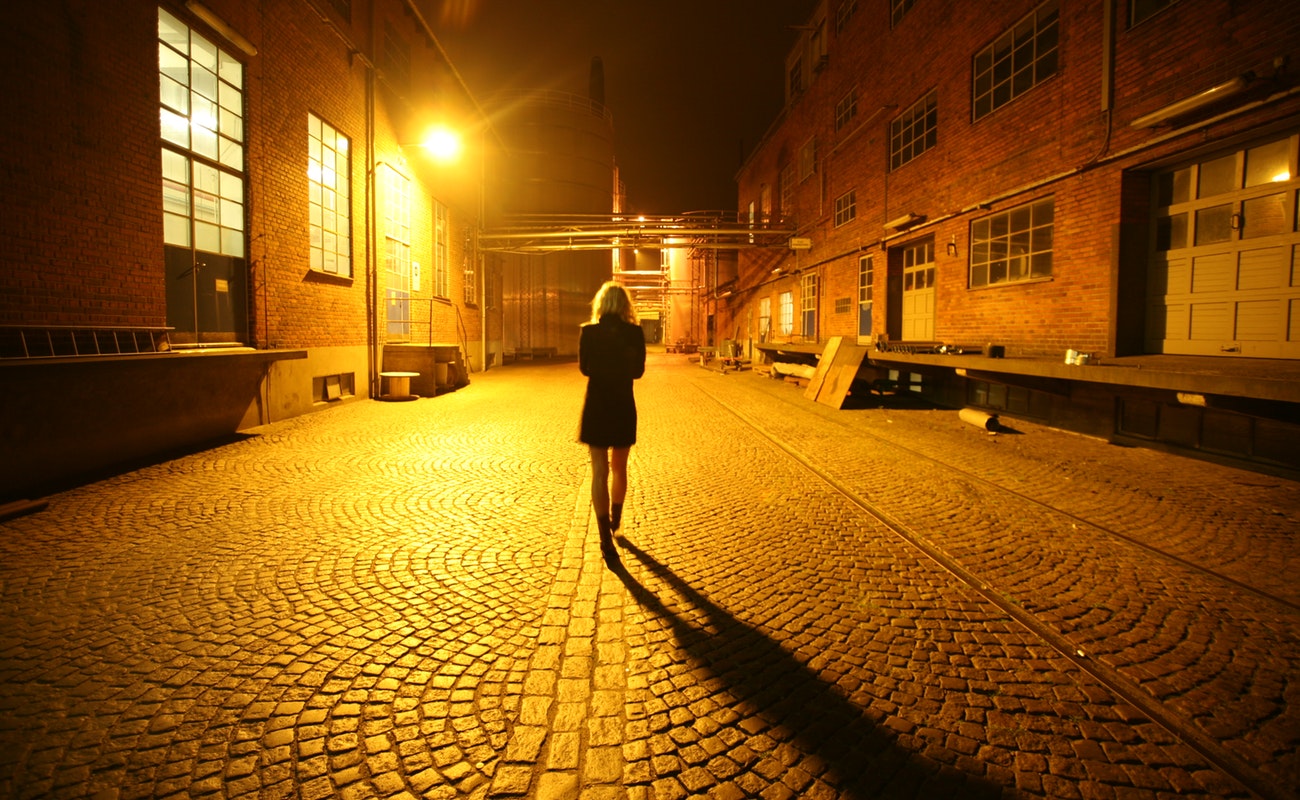I had never imagined that a time would come when I would have to defend myself with this statement.
I was travelling in the Metro when I overheard a casual conversation between two girls standing behind me. They were discussing the recent incident in New Delhi where two small girls were raped.
From their Punjabi accent, I could make out they were not from Indian Punjab. Sure enough, when I got a seat and sat facing towards them, I knew they were from Pakistan, probably Lahore. (I am quite familiar with accents from the other side of the border now. I no longer identify them as just Pakistanis, I can almost always pinpoint the region they belong to.)
“India is the same country where a king made the Taj Mahal for the woman he loved. Today, they will rape you,” one of them said with disgust.
Her comment did not make me angry at all, and even though I always leap to my country’s defence whenever anyone points a finger at it, no matter how casually, this time I remained quiet. It was like a blow to the jaw that leaves the head spinning, and incapacitates the boxer for a few seconds.
There have been heated debates in the same Metro coaches on why India’s nuclear arsenal is better than Pakistan’s, and on why India is among the top five developing economies. Each time I have been vocal and laid out the bare facts on the table. Today, I was only hoping the girls don’t look at me.
They were right.
Until September 2015, more than 1,500 cases of rape were reported in Delhi. In 2014, nearly 14,000 child rape cases registered in India. These are only official numbers. The actual figures are likely to be much higher, since in India rape is first a shame, then a crime, and therefore, goes unreported at times.
Today, as the girls dissected India’s poor safety record, I felt humiliated. I saw them count on their fingers all rape cases that gained media limelight in the past one year. They knew the age of the victims, the age of the criminals, and even knew where the incident took place.
These girls were no armchair warriors. They had all the facts at the back of their hands. They were prepared for a confrontation should there be one.
But India was without a defendant.
There were a handful of Indian men and women in the coach with me, Indians who would have leapt at the opportunity to discuss a cricket match. But crime was a serious business, and India’s armchair warriors had deserted her. They stood at the ropes, and listened as the women continued to verbally rip the country open.
Many of their charges were justified, some went below the belt.
They called Indian men “sexually starved desperate perverts” who punish victims of rape by marrying them off to the accused, who order women to be stripped naked and raped because their husbands had done the same to other women, who sell one daughter just to feed another.
The charges kept flying at my face. I had no defence.
I had my own long list of crimes in Pakistan, but today was neither the right time nor the right place. I could not defend crime with crime. I didn’t want to. That wouldn’t have made India’s crimes less gruesome. It would only have shown desperation at my end to save face.
Soon a Filipina commented that an Indian once touched her inappropriately in the metro. I immediately looked at the passengers sitting next to me. No women. A Ugandan then said her Indian boss had made a pass at her in the office. An Egyptian next to her nodded in agreement.
This was getting out of hand. The Indian men in the metro, including me, had nowhere to hide. The Indian women sat unconcerned. They had been victims themselves, and showed no interest in defending their menfolk.
A few minutes later some of the passengers got off, and the conversation ended.
An Indian had just been served defeat at the hands of co-passengers of four different nationalities. On any given day and in any given field, India would have outdone these four countries by miles.
Today India was brought down to its knees by the actions of a bunch of directionless youths, “sexually starved desperate perverts” who didn’t know where to use brains and brawns.
Crafted with brevity
to make certain you see what others don't
Subscribe. We are growing.












He is a journalist who loves reading, number-crunching and driving for miles and miles in his free time. A big fan of psychedelic rock. Loves to eat and is open to experimenting with cuisines. Aspires to be like one of his short-story heroes: Anton Chekhov, O. Henry and Mark Twain.